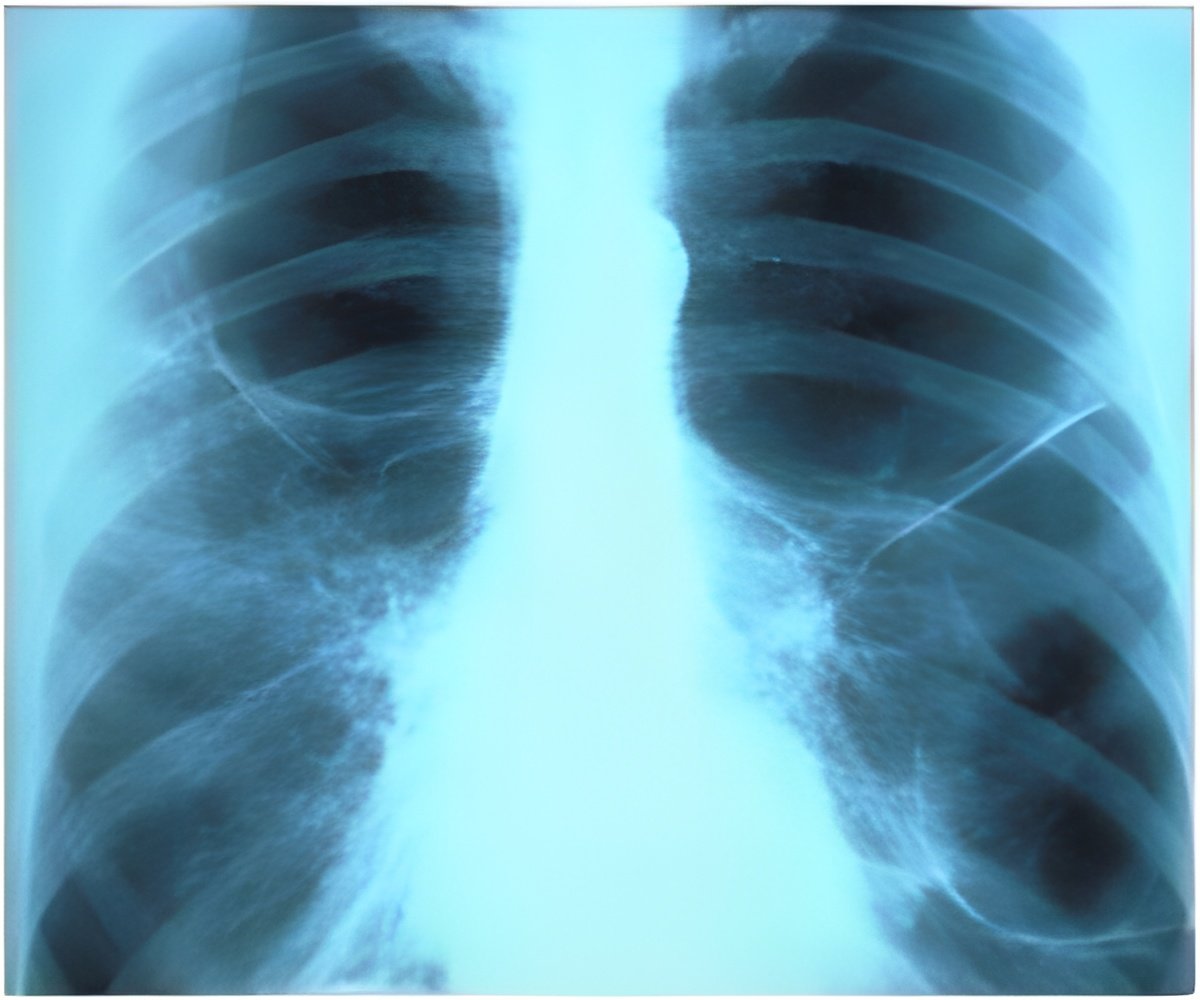Around one-third of the global population is believed to be infected by myobacterium tuberculosis, a pathogen that is known to cause TB

One of the contents of necrotic debris is the energy-storage molecule ATP, and when it is found outside cells, it is known to stimulate immune cells through the binding to the P2X7 receptor (P2X7R). The researchers asked whether this molecular pathway plays a role in the severe forms of TB that are associated with lung necrosis. They studied mice that were lacking P2X7R and found that those mice survived otherwise deadly infections with either of the two hypervirulent mycobacterial strains.
A more detailed analysis suggested that P2X7R has a dual role in the development of aggressive TB. First, it appears to facilitate the dissemination of hypervirulent mycobacteria by killing infected immune cells but releasing their content, namely viable mycobacteria that have survived the process. Second, P2X7R also seems to contribute to lung inflammation and damage by promoting widespread tissue destruction.
The better outcomes in mice without P2X7R were only seen after infection with hypervirulent mycobacteria. When the researchers infected mice with a less aggressive TB strain, they found that P2X7R actually helped to control this infection. In this case, P2X7R-mediated stimulation of infected immune cells did not result in the cell death and release of viable mycobacteria, and so actually contained the infection rather than spreading it.
The observed opposite effects of P2X7R on lung infection with hypervirulent and less aggressive mycobacterial strains, respectively, could explain an epidemiological puzzle: P2X7R loss-of-function alleles (that is defective variants of the P2X7R gene) are common in humans despite the fact that they are linked to a higher risk of developing pulmonary TB. Based on their results, the researchers suggest that such variants might increase the risk of mild TB but reduce the risk of severe TB. This, they say "could explain why evolutionary pressure has maintained these gene polymorphisms at high rates in the human population."
They also state that their study "provides a perspective for the development of new therapeutic approaches in which drugs designed to inhibit P2X7R are used to ameliorate the outcomes of aggressive forms of TB".
Advertisement
Source-Eurekalert













